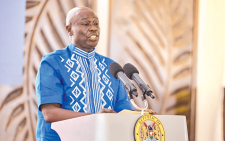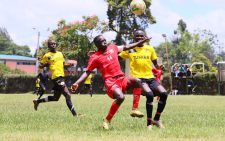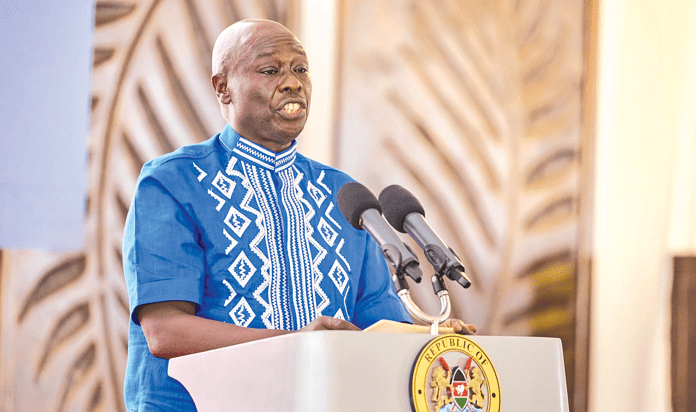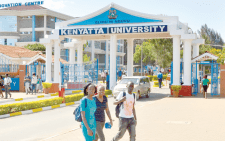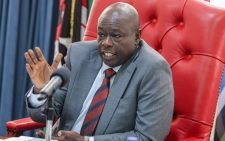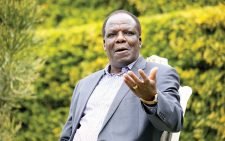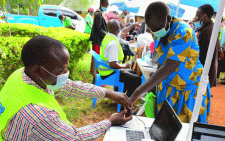As he started off his day mid last week Rashid Yassir, a local software developer and freelance content writer, woke up feeling unwell. Despite the typically warm Mombasa climate, Yassir found himself shivering with cold.
Soon he developed a severe headache along with pain behind his eyes—a troubling sign that something more than an ordinary fever was at play.
As the day progressed, his condition worsened, prompting him to seek medical attention at a nearby clinic in the Kongowea area.
At the clinic, a triage nurse quickly realized the severity of Yassir’s condition. His temperature read 38.9°C, triggering the thermal gun’s alarm. A recheck showed an even higher temperature of 39.2°C. Perturbed, the nurse immediately referred him for a consultation. The attending doctor, noting the alarming fever, recommended a thorough blood test, including a serology test for dengue fever. The diagnosis confirmed Yassir’s fears: he had dengue fever, coupled with a blood infection.
While there is no specific cure for dengue fever, Yassir was prescribed medication to manage his symptoms. Just three days later, his neighbor, Anne Akinyi, developed similar symptoms and was admitted to a different hospital.
Dengue fever, primarily transmitted by the Aedes aegypti mosquito, has been a known concern in Mombasa. The virus, once contracted by a mosquito, can be spread to humans after a 4-10 day incubation period, making infected individuals a reservoir for further transmission. Symptoms often include high fever, severe headache, pain behind the eyes, muscle and joint pain, nausea, vomiting, swollen glands, and rash. These symptoms typically last 2-7 days, but in severe cases, dengue can lead to life-threatening complications such as plasma leakage, fluid accumulation, respiratory distress, severe bleeding, and organ impairment.
While dengue fever is not new to Mombasa, the World Health Organization (WHO) reports a dramatic increase in global cases over recent decades. From 505,430 cases in 2000, reported instances surged to 5.2 million by 2019. The first cases of dengue fever in Mombasa were identified in 2013 by the Kenya Medical Research Institute (KEMRI), and the situation has only worsened since then.







